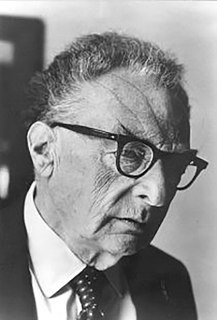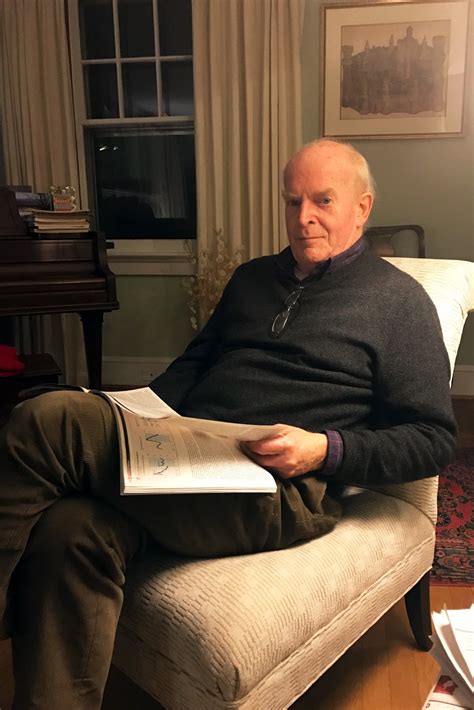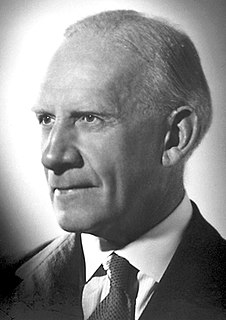A Quote by Christopher Ryan
Poverty is not a certain small amount of goods, nor is it just a relation between means and ends; above all it is a relation between people. Poverty is a social status. As such it is the invention of civilization. Socrates made the same point 2,400 years ago: "He is richest who is content with least, for contentment is the wealth of nature.
Related Quotes
The world's most 'primitive' people have few possessions, but they are not poor. Poverty is not a certain small amount of goods, nor is it just a relation between means and ends; above all it is a relation between people. Poverty is a social status. As such it is the invention of civilization. It has grown with civilization, at once as an invidious distinction between classes and more importantly as a tributary relation.
For after all what is man in nature? A nothing in relation to infinity, all in relation to nothing, a central point between nothing and all and infinitely far from understanding either. The ends of things and their beginnings are impregnably concealed from him in an impenetrable secret. He is equally incapable of seeing the nothingness out of which he was drawn and the infinite in which he is engulfed.
Let us look at wealth and poverty. The affluent society and the deprived society inter-are. The wealth of one society is made of the poverty of the other. "This is like this, because that is like that." Wealth is made of non-wealth elements, and poverty is made by non-poverty elements. [...] so we must be careful not to imprison ourselves in concepts. The truth is that everything contains everything else. We cannot just be, we can only inter-be. We are responsible fo everything that happens around us.
The truly monumental can only come about by means of the most exact and refined relation between parts. Since each thing carries both a meaning of its own and an associated meaning in relation to something else - its essential value is relative. We speak of the mood we experience when looking at a landscape. This mood results from the relation of certain things rather than from their separate actualities. This is because objects do not in themselves possess the total effect they give when interrelated.
Pope Francis emphatically does not buy the argument that poverty can be alleviated by the 'trickle down' effects of wealth creation. He is deaf to arguments that the global economy has brought a billion people out of poverty. He is convinced, in short, that the best and only way to expel poverty is fairer distribution of the world's goods.
In most cases, to be reasonable means not to be obstinate, which in turn points to conformity with reality as it is. The principle of adjustment is taken for granted. When the idea of reason was conceived, it was intended to achieve more than the mere regulation of the relation between means and ends: it was regarded as the instrument for understanding the ends, for determining them.
Now it is usual-but not to say normal-for people to interest themselves primarily in means, without noticing that means exist only in relation to ends and that, in accepting certain means, they unconsciously accept the ends that make them so. In other words, they accept whatever philosophy happens to be embodied in the values and institutions of a particular civilation.



































